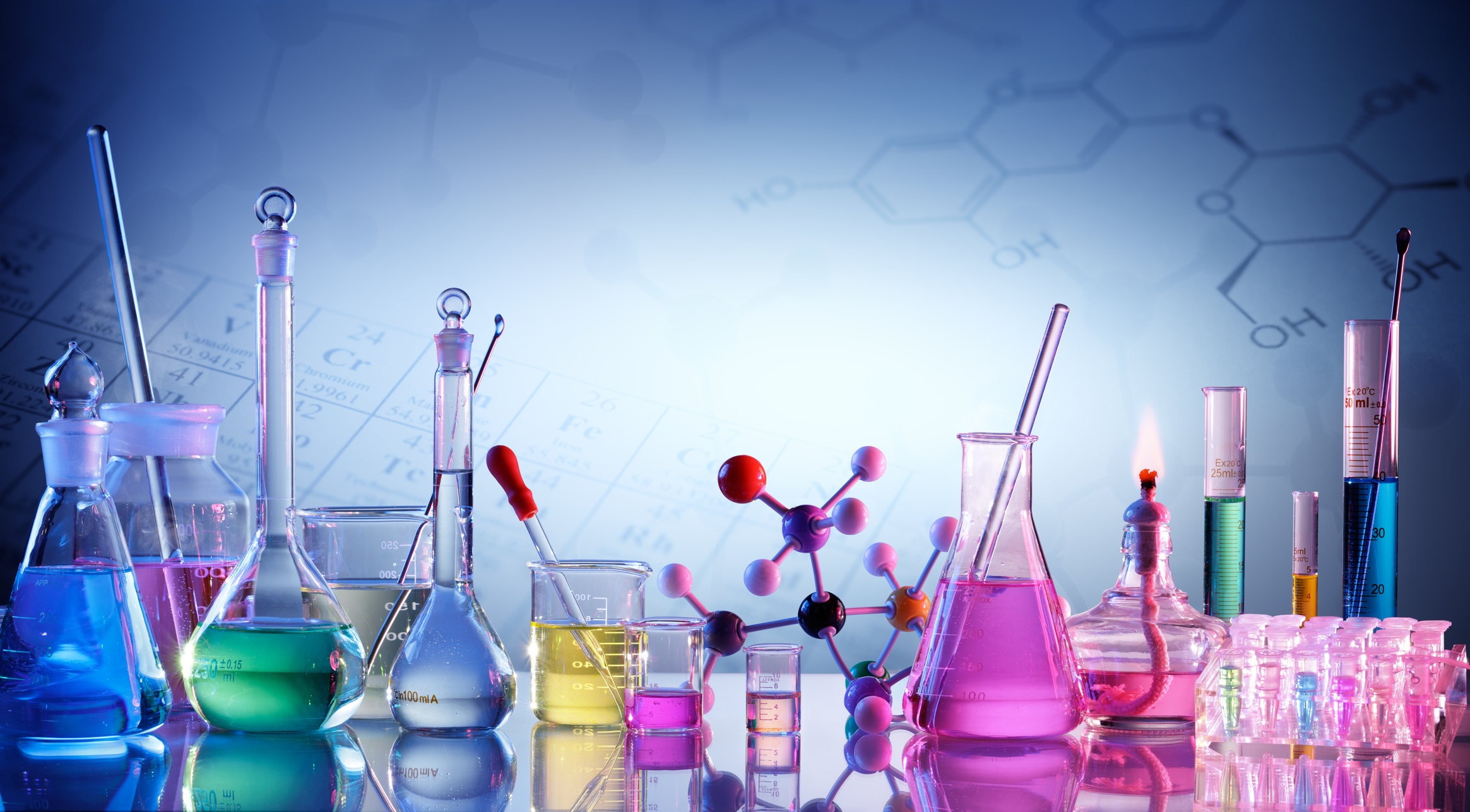Clinical Chemistry
Clinical chemistry (clinical biochemistry) is generally concerned with analysis of bodily fluids (Blood, Urine, CSF… ect).
A clinical chemist uses chemistry to evaluate patient health, with the modern diagnostic technology; Clinical chemists have traditionally worked in laboratories.
Clinical Chemistry department of NWA laboratory perform a wide range of clinical chemistry analysis on serum, plasma, CSF and urine by developed automated clinical chemistry analyzers like the cobas c 311, cobas c111, DCA Vantage, Heliprobe…ect.
clinical chemistry, our automated analyzers are supported and maintained by Roche, an internationally recognized company.

Cobas c111General Chemical AnalyzerDCA-AdvantagePOCT AnalyzerUTP-3ASpectrophotometerJenway (6300 and 6320D Visible and 6305 UV/Vis Spectrophotometers)Humaclot JuniorCoagulation AnalyzerHeliprobeOPTI LIONElectrolyte Analyzer
Previous
Next
To make sure our visitors receive the best quality results, and we take care about calibration and control depending on test specification.
The discipline of clinical chemistry originated in the late 19th century with the use of simple chemical tests for various components of blood and urine. Subsequent to this, other techniques were applied including the use and measurement of enzyme activities, spectrophotometry, electrophoresis.
Most current laboratories are now highly automated to accommodate the high workload typical of a hospital laboratory. Tests performed are closely monitor and quality controlled.
All biochemical tests come under chemical pathology. These are performed on any kind of body fluid, but mostly on serum or plasma. Serum is the yellow watery part of blood that is left after blood has been allowed to clot and all blood cells have been removed. This is most easily done by centrifugation, which packs the denser blood cells and platelets to the bottom of the centrifuge tube, leaving the liquid serum fraction resting above the packed cells.
This initial step before analysis has recently been included in instruments that operate on the “integrated system” principle. Plasma is in essence the same as serum, but is obtained by centrifuging the blood without clotting. Plasma is obtained by centrifugation before clotting occurs. The type of test required dictates what type of sample is used.This large array of tests can be further sub-categorized into sub-specialties of:
General or routine chemistry – commonly ordered blood chemistries (e.g., liver and kidney function tests).
Special chemistry – elaborate techniques such as electrophoresis and manual testing methods. Urinalysis – chemical analysis of urine for a wide array of diseases, along with other fluids such as CSF and effusions

